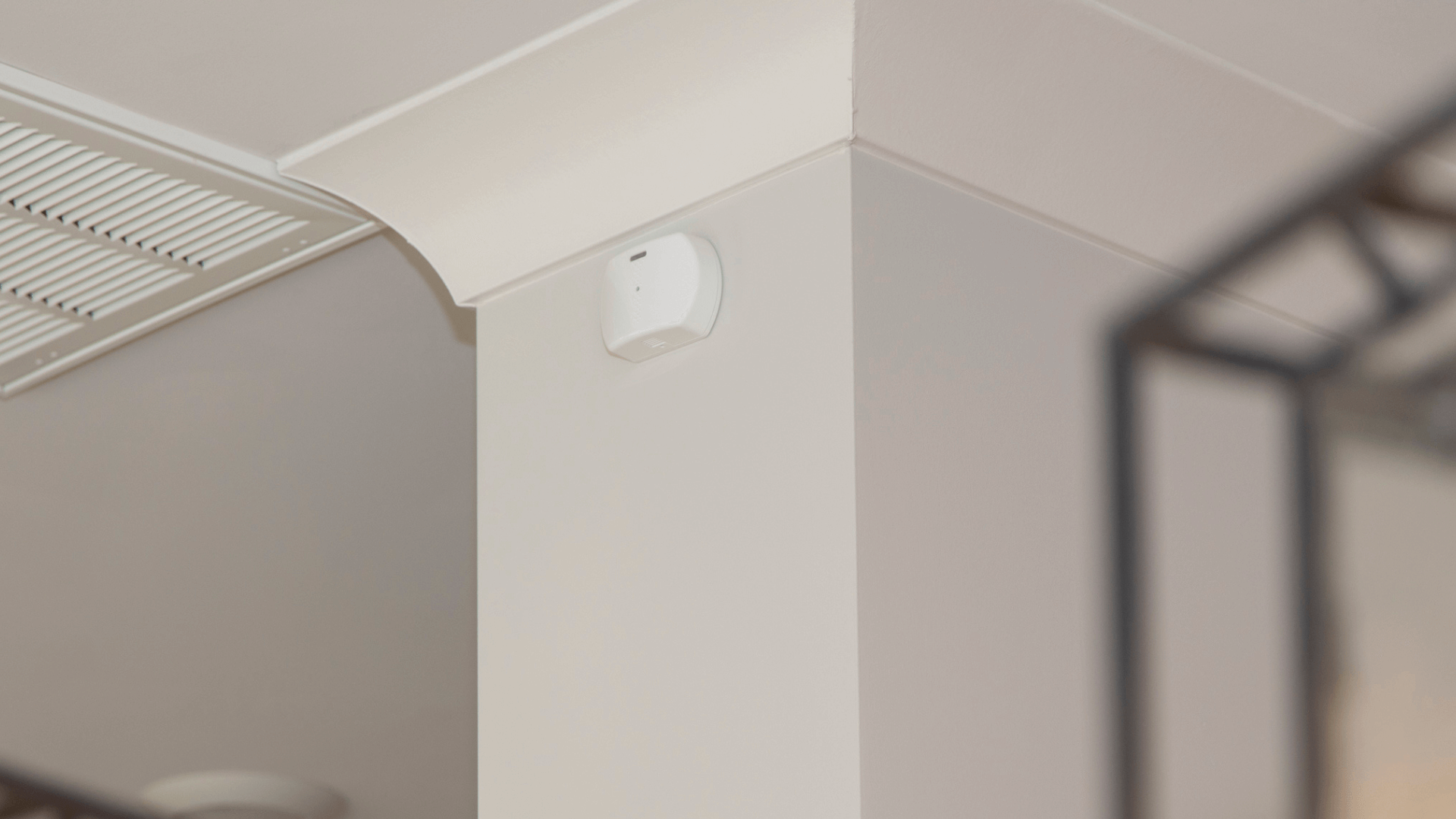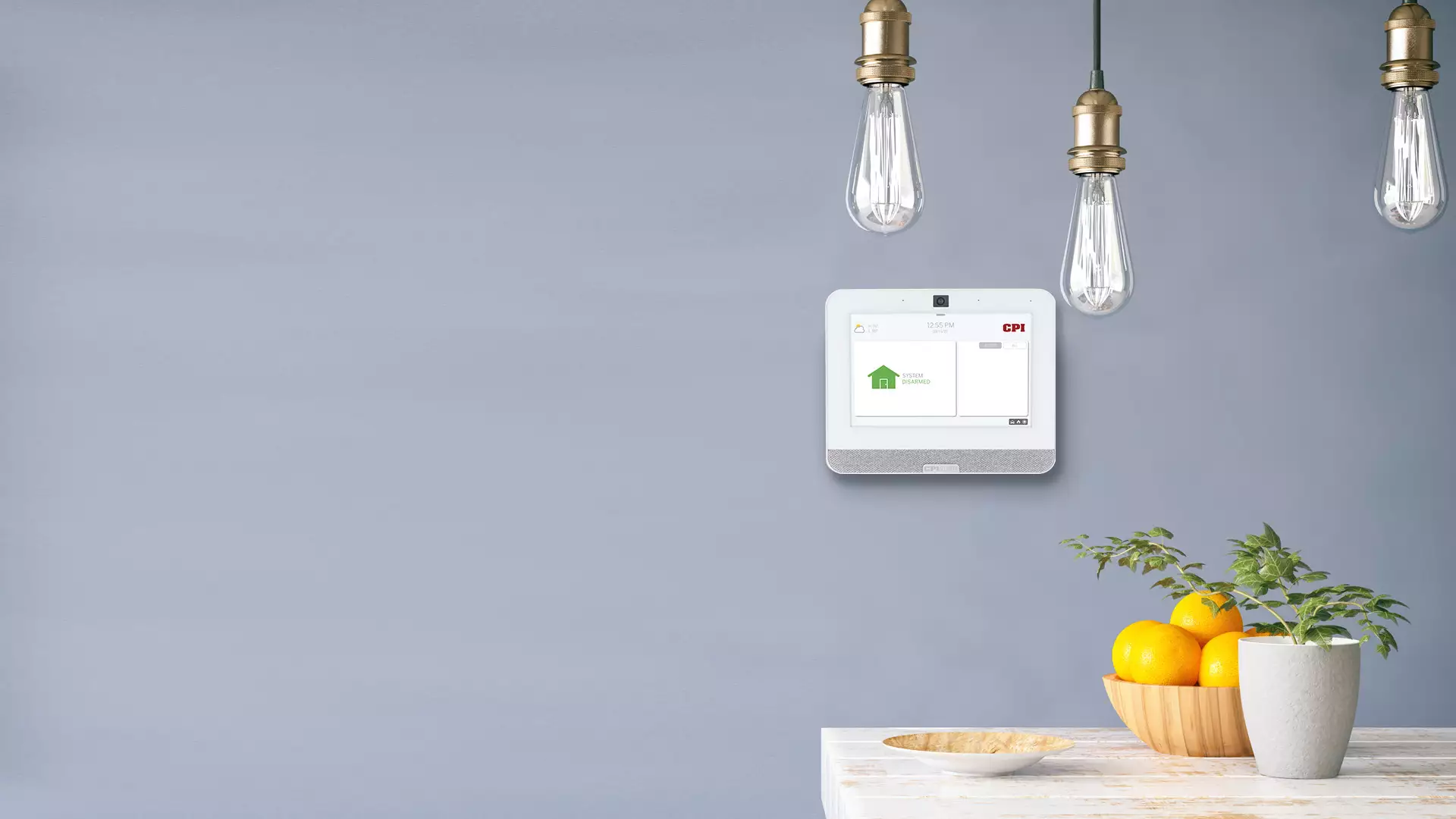When it comes to safeguarding your home or business, security systems are an indispensable part of your defense strategy. Glass break sensors, also known as glass break detectors or window break alarms, are a vital part of your home security system as they provide enhanced security by detecting break-ins through windows and glass doors, adding an additional layer of protection to your property.
Glass break detectors serve as a reliable defense mechanism, ensuring that potential intruders are promptly detected and deterred. With glass break detectors, you can enjoy peace of mind knowing that your security system will be triggered immediately in the event of a break-in, allowing for swift action. By integrating glass break detectors into your security system, you create a comprehensive solution that covers multiple entry points. This holistic approach minimizes vulnerabilities and provides a higher level of security for your home or business.
Fortunately, glass break detectors are compatible with most security systems, making them a versatile choice for enhancing the protection of your property. They can be seamlessly integrated into existing security setups, offering a flexible and customizable solution tailored to your specific needs. Overall, glass break detectors offer invaluable benefits, such as enhanced security, rapid response, deterrence, compatibility, and comprehensive coverage, making them a worthwhile addition to any security system.
In this comprehensive buying guide, we will dive into the way glass break sensors work, explore their benefits, discuss optimal installation locations, provide maintenance tips, and highlight key buying considerations. If you are in the market for a reliable glass break sensor, this guide will equip you with the knowledge you need to make an informed decision as you select a security company to manage and monitor your glass break alarms.
See CPI Security’s Glass Break Detector in Action!
Types of Glass Break Sensors
Glass break detectors come in two different types, each using different mechanisms to detect breaking glass.
- Acoustic Glass Break Detectors: These detectors analyze sound patterns to identify the unique frequency and amplitude produced when glass breaks. They often incorporate advanced algorithms to distinguish between the sound of breaking glass and other noises.
- Shock Glass Break Detectors: These detectors detect the vibrations generated by the impact of an object on the glass. They are particularly effective at detecting forced entry attempts and can be installed directly on the glass surface or nearby frames.
Mechanism of Glass Break Detection
Acoustic glass break detectors use advanced processing to identify and recognize the specific acoustic patterns associated with the sound of shattering glass. They typically analyze multiple factors, including amplitude, duration, and frequency, to accurately distinguish between genuine glass break events and false alarms triggered by loud noises or other sounds.
On the other hand, vibration glass break detectors rely on built-in sensors to detect the distinctive shockwaves produced when a window is shattered. They can be tuned to detect specific vibration frequencies associated with glass breakage, minimizing false alarms.
Benefits of Glass Break Detectors
Installing glass break detectors offers a plethora of benefits, including the following:
- Enhanced Security: Glass break sensors provide an additional layer of security by immediately detecting break-ins through windows and glass doors, even if the intruder avoids other entry points and sensors.
- Quick Response: These sensors provide rapid alerts to the security system, allowing for immediate response by homeowners or professional monitoring services.
- Burglary Deterrence: Visible glass break sensors can act as a deterrent, discouraging potential intruders from attempting a break-in.
- Continuous Protection: Some security sensors, such as motion detectors, must be turned off when you’re at home; glass break sensors, in contrast, can remain activated 24/7, protecting your home or business whether you’re present or away.
Where to Install Glass Break Sensors
Proper installation of glass break detectors is crucial for optimal performance. Here are a few key considerations:
- Strategic Placement: Install detectors in areas with a high risk of intrusion, such as ground-level windows, glass doors, or windows facing secluded areas. You may not think second-level windows need glass break detectors, but second-floor break-ins can and do happen.
- Coverage Range: Glass break sensors need to be placed within the recommended range to ensure comprehensive coverage. Generally, you’ll want to err on the side of overcoverage versus undercoverage. In other words, it’s better to install more detectors than you think you need, than to risk leaving a part of a room unprotected.
- Professional Installation: For precise placement and optimal functionality, consider professional installation services. At CPI Security, our certified technicians can evaluate your property and recommend the best locations for installing glass break detectors. Then, we’ll take care of installation for you and tie the detectors into your comprehensive security system.
How to Maintain Glass and Take Care of Your Glass Break Detectors
Regular maintenance is important to help ensure the reliable performance of your glass break detectors. Make sure you keep the sensors clean, test them often and replace batteries as needed so that your glass windows and doors are always protected.
- Dust and Debris: Keep glass break detectors clean by gently wiping them with a soft cloth to prevent any accumulation of dust or debris.
- Test Regularly: Test the functionality of your sensors according to the manufacturer’s instructions to ensure they are operating correctly.
- Battery Replacement: If your detectors are battery-powered, follow the manufacturer’s recommendations regarding battery replacement intervals to maintain their effectiveness.
Choosing a Glass Break Sensor
When purchasing glass break sensors, or even selecting a security system to manage your home or business’ security, you’ll need to keep the following factors in mind:
- Compatibility: Ensure that the sensors you choose are compatible with your existing security system, or consider purchasing a complete security package. At CPI Security, we’ll handle every aspect of your security system, from selecting and installing equipment to remote monitoring. We use only the most reliable equipment, and specifically choose technology that easily communicates between devices to ensure comprehensive monitoring around-the-clock.
- Detection Range: You’ll need to assess the coverage area of the detectors you consider, then select models that align with the size and layout of your property. Our security experts can help you determine optimal placement of glass break sensors to give you complete coverage of your home or business, meaning you’ll get exactly what you need, no more and no less. The glass break sensors we install use an acoustic pattern recognition technology that provides 360° coverage. Most glass break detectors, at minimum, provides coverage for the average single-sized bedroom.
- Sensitivity Adjustments: Look for detectors that are able to accommodate variations in environmental conditions in order to avoid false alarms. The glass break sensors we offer, for example, use proprietary microphone technology to constantly listen to sounds and analyze patterns, using a complex classification system to capture only real broken window and glass door events, minimizing false alarms. It is suited for plate, tempered, wired, laminated, covered, and sealed insulated glass.
- Wireless or Hardwired: Consider whether wireless or hardwired sensors suit your needs, taking into account factors such as installation convenience and future scalability. At CPI, we offer wireless glass break sensors with a 5-year average battery life expectancy thanks to its low-power operation. Plus, when the battery starts to go dead, you’ll be notified via the inTouch app and on your panel. It’s important that you do not ignore low battery notifications, so there is no disruption in service.
- Reputation and Reviews: Research reputable security companies and read customer reviews to gauge the reliability and reputation of any security system you are considering. CPI Security, for example, is the leading security company in the Southeast, with hundreds of thousands of satisfied customers relying on us to protect some of their most valuable assets.
Glass break alarms are an essential component of a comprehensive security system, providing an extra layer of protection against intruders. By understanding the types of detection, benefits, installation best practices, maintenance tips, and important buying considerations, you can make an informed decision when selecting a glass break sensor. Prioritize the security of your home or business with this invaluable window alarm technology, ensuring peace of mind for you and your family or business partners and employees.
See how CPI Security’s Glass Break Detector thwarted two different burglars from breaking into the same business within just 9 days of each other. Read more here.
To learn more about our glass break sensors and find out how CPI Security can protect your home or business by combining cutting-edge technology and reliability to keep your property safe from potential intruders, get in touch today.




